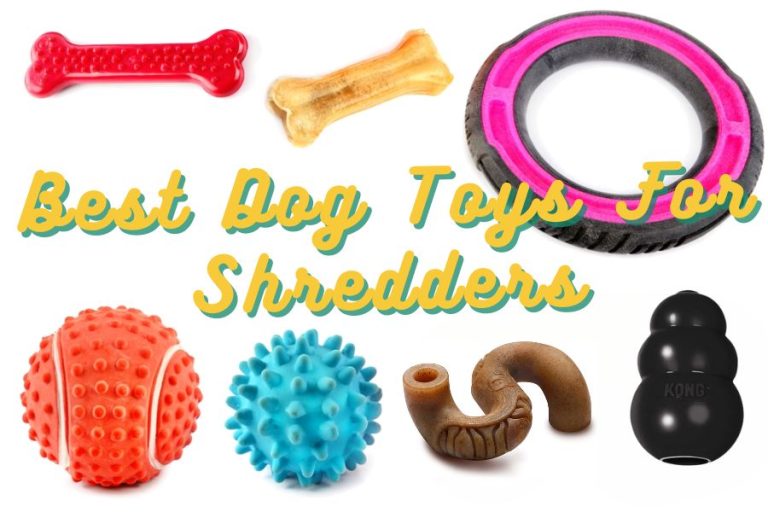What Is The Best Liquid To Freeze For Dogs? – Ultimate Summer Treat
It’s essential to find ways to keep our furry friends cool and comfortable when the summer heat increases. One popular method of providing a refreshing treat for dogs is by freezing liquids. But with so many options available, especially when not all liquids are suitable for dogs. What is the best liquid to freeze for dogs?
That’s why it’s vital to read through our guidelines about various liquids that can be frozen. Consider factors such as nutritional value, taste, safety, and overall appeal to dogs.

The Importance of Keeping Dogs Cool:
Start by emphasizing the significance of maintaining a dog’s body temperature, especially during hot weather. Discuss the risks of heatstroke and the benefits of providing frozen treats as a means of keeping dogs cool and hydrated.
Maintaining a dog’s body temperature is of utmost importance to their overall health and wellbeing, particularly during hot weather. Dogs are susceptible to heatstroke, when a dog’s body temperature rises to dangerous levels, leading to organ failure and even death.
Heatstroke can be caused by various factors, including high temperatures, humidity, a lack of shade, and intense physical activity. To prevent heatstroke and maintain a dog’s body temperature, it’s essential to provide them with proper hydration and effective cooling methods.
Ultimately, keeping dogs cool and hydrated is essential for their health during hot weather, and offering frozen treats can be an effective way to do so. Moreover, frozen treats also serve as a means of mental stimulation and entertainment for dogs.

Nutritional Value of Different Liquids
When it comes to freezing liquids for dogs, there are several options that are not only safe but also rich in vitamins and minerals. Here are some ideal liquids that you can freeze for your furry friend:
- Water: plain water is the simplest and most readily available option. Freezing water in larger containers to create ice blocks or ice cube trays can provide a refreshing and hydrating treat for dogs.
- Low-sodium chicken or beef broth: preparing homemade beef broth or chicken broth by simmering meat and bones in water. Once strained and cooled, the broth can be frozen into cubes or used to make frozen popsicles.
- Bone Broth: Bone broth has a lot of the same health benefits as homemade chicken or beef stock. It can be frozen into cubes or used as the base for frozen treats. It keeps the dog hydrated and helps keep their joints healthy. This is especially good for older dogs or dogs with joint problems.
- Diluted fruit juice: such as apple or watermelon juice, can be frozen into popsicles for dogs. Some artificial sweeteners and additives can be dangerous to dogs, so check the label to be sure the juice is safe.
- Plain yogurt: unsweetened yogurt can be a cooling and delicious treat for dogs. Freeze yogurt in small portions or mix it with other ingredients like mashed bananas or pureed berries before freezing. Yogurt contains probiotics that can improve a dog’s digestive system.
- Coconut Water: Coconut water has electrolytes in it naturally, and it can be frozen into ice cubes or used to make cold treats. It helps replace fluids and has a taste that dogs may find refreshing.

Here’s a table outlining the benefits of each liquid, their nutritional value, and the recommended frequency of giving them to dogs:
| Liquid | Benefits | Nutritional Value | Frequency |
| Water | Essential for hydration | None | Available at all times |
| Bone Broth | Supports joint health and digestion | Collagen, minerals, amino acids | 2-3 times per week |
| Low-sodium Chicken or Beef Broth | Tasty and hydrating treat | Vitamins, minerals | 2-3 times per week |
| Yogurt | Promotes a healthy digestive system | Probiotics | 1-2 times per week |
| Fruit Juices | Provides natural vitamins and antioxidants | Vitamins, antioxidants | Occasionally and in moderation |
| Coconut Water | Natural source of electrolytes | Hydrating and refreshing | Occasionally and in moderation |
Safety Considerations:
It’s crucial to distinguish between liquids that have potential dangers and should be avoided. Here are some specific risks associated with certain liquids for dogs:
- Artificial Sweeteners: Xylitol, commonly found in sugar-free products, are toxic to dogs. Which can cause a rapid release of insulin in dogs, leading to a dangerous drop in blood sugar levels. This can result in symptoms like seizures, weakness, and even liver failure.
- Caffeine: Beverages like coffee, tea, or energy drinks that contain caffeine should never be given to dogs. Caffeine is a stimulant that can negatively affect a dog’s cardiovascular system and central nervous system. Input of caffeine can lead to restlessness, increased heart rate, rapid breathing, tremors, and even seizures.
- High Sugar Content: such as sugary drinks or syrups, can be harmful to dogs. Excessive sugar intake can contribute to dental issues, weight gain, and may even lead to the development of conditions like diabetes.
To ensure the safety of dogs, it’s essential to select liquids that are safe for them to consume. While hydration is important, excessive consumption of any liquid, even if safe, can cause discomfort, an upset stomach, or diarrhea. It’s best to provide liquids in appropriate quantities and observe the dog’s response to ensure they remain comfortable and healthy.

DIY Frozen Treats:
It can be fun and satisfying to make homemade frozen treats for dogs. Not only does it give you full control over the ingredients, but it also lets you make treats that are just right for your dog’s wants and tastes. Here are a video and recipes for frozen treats you can make at home:









